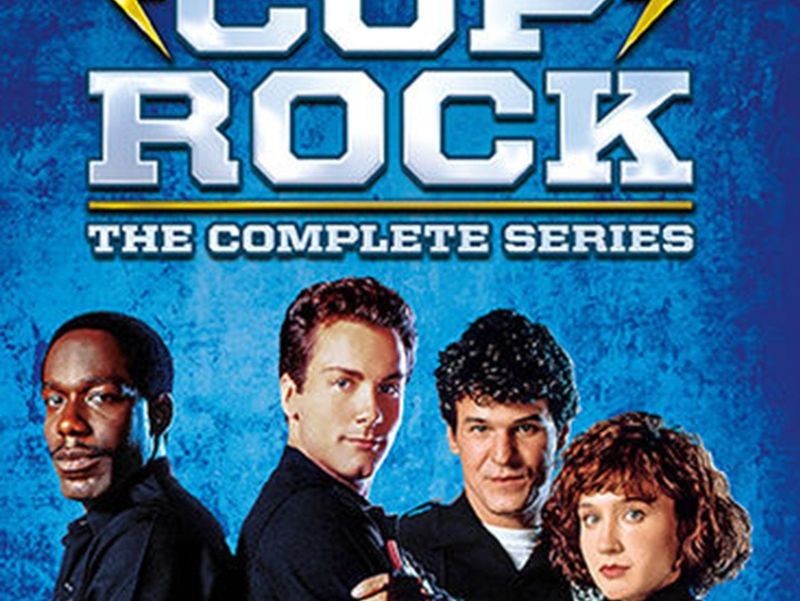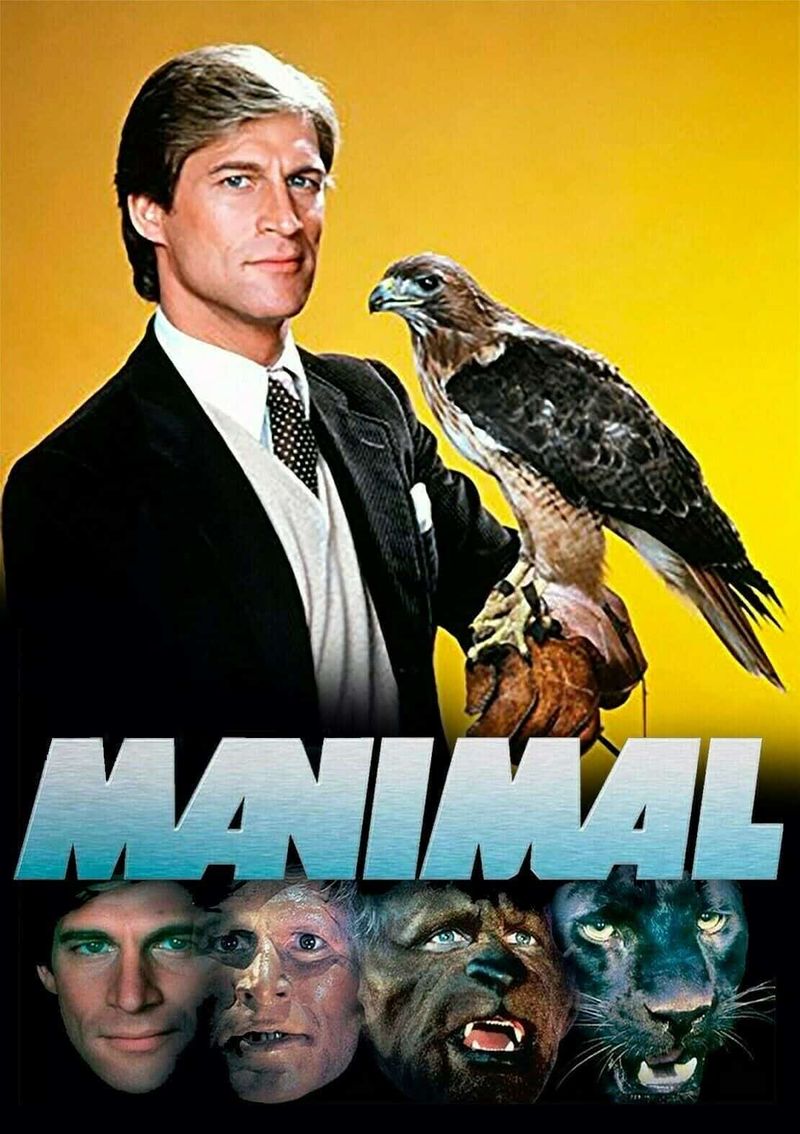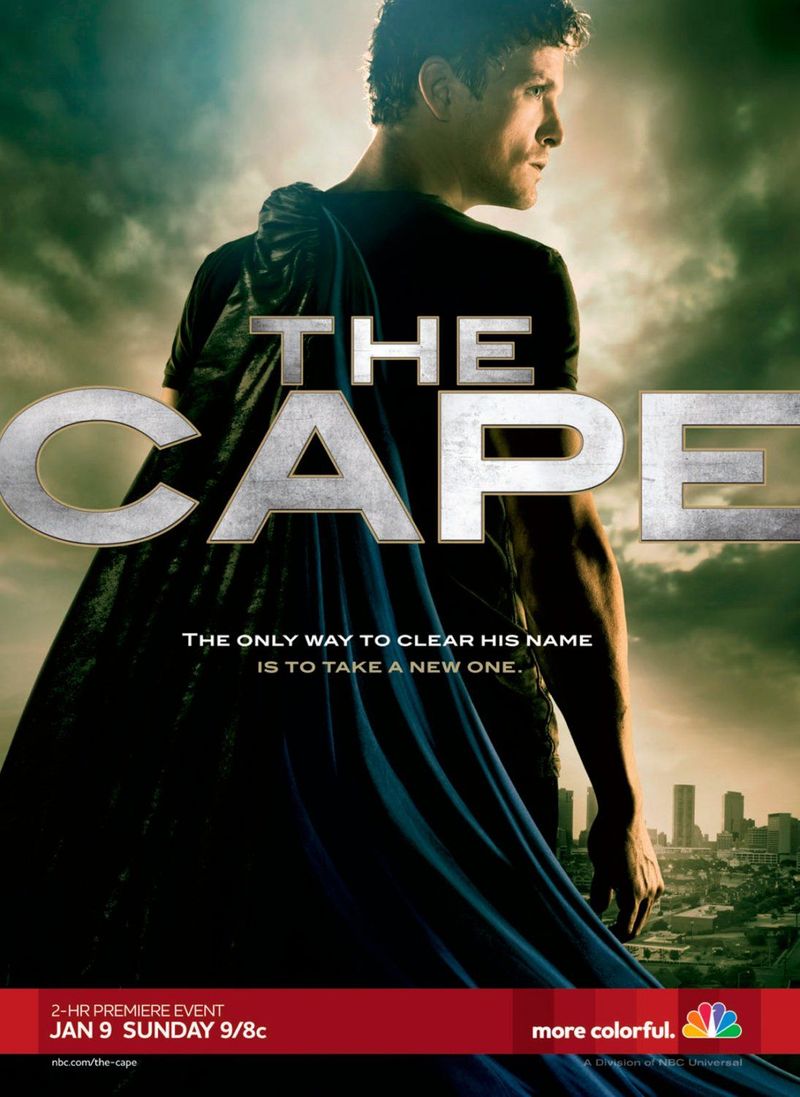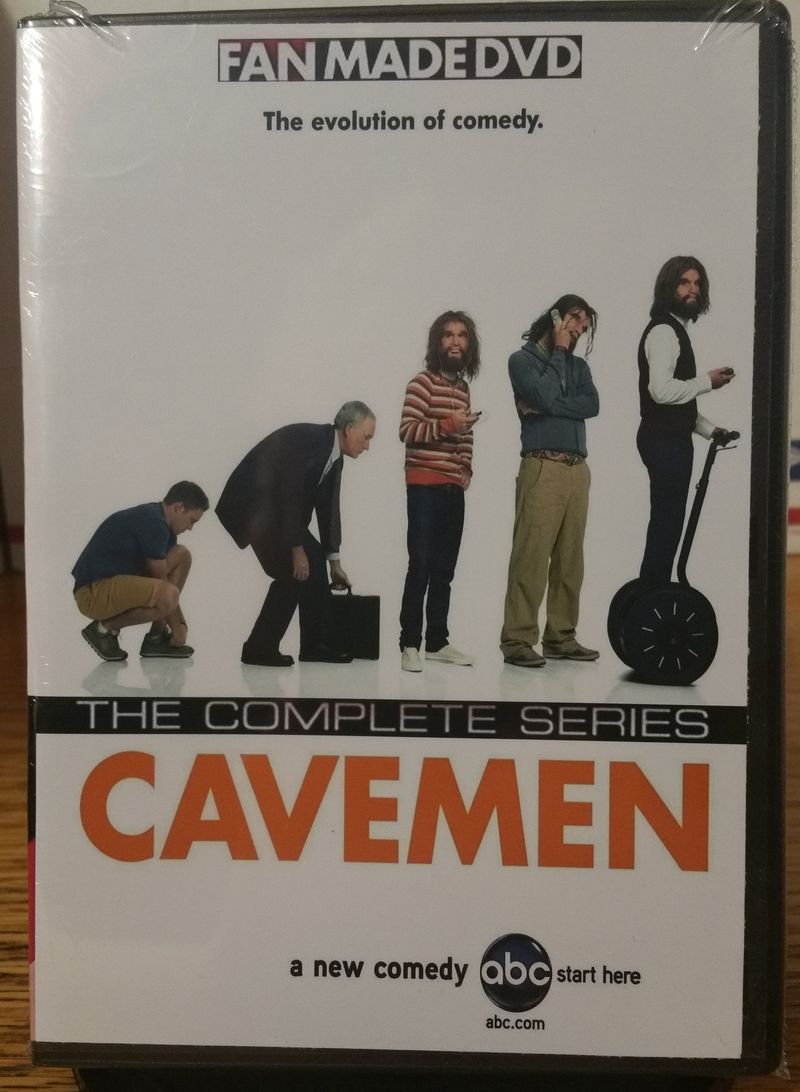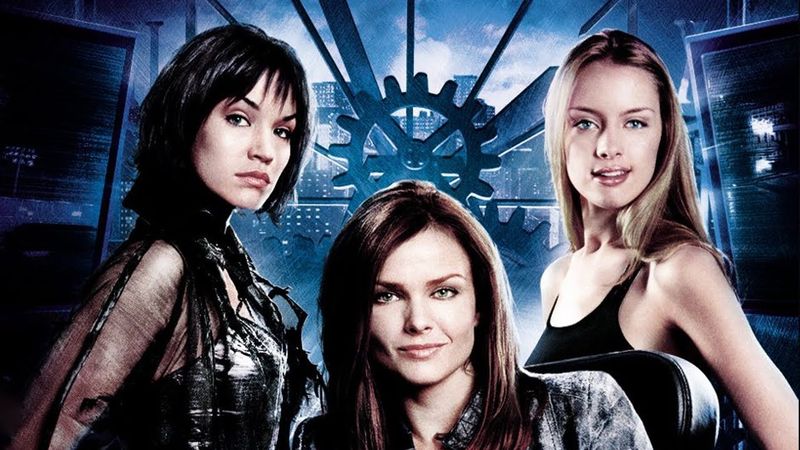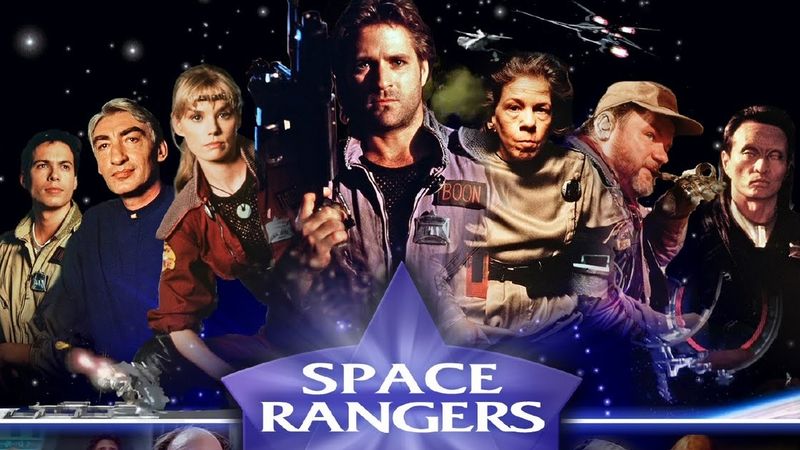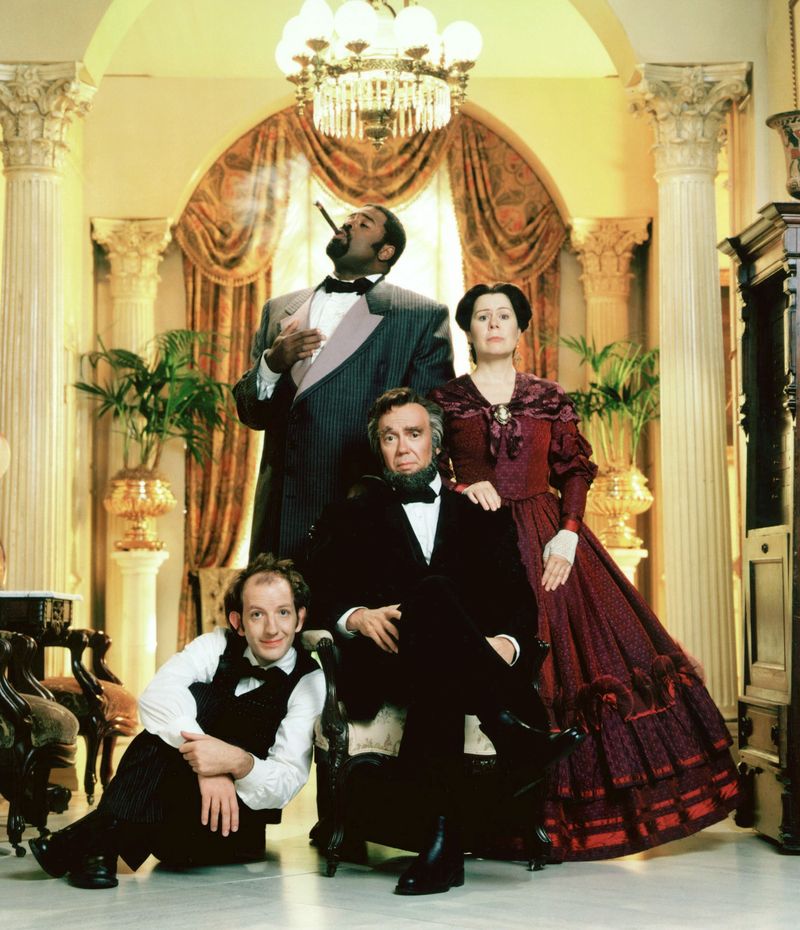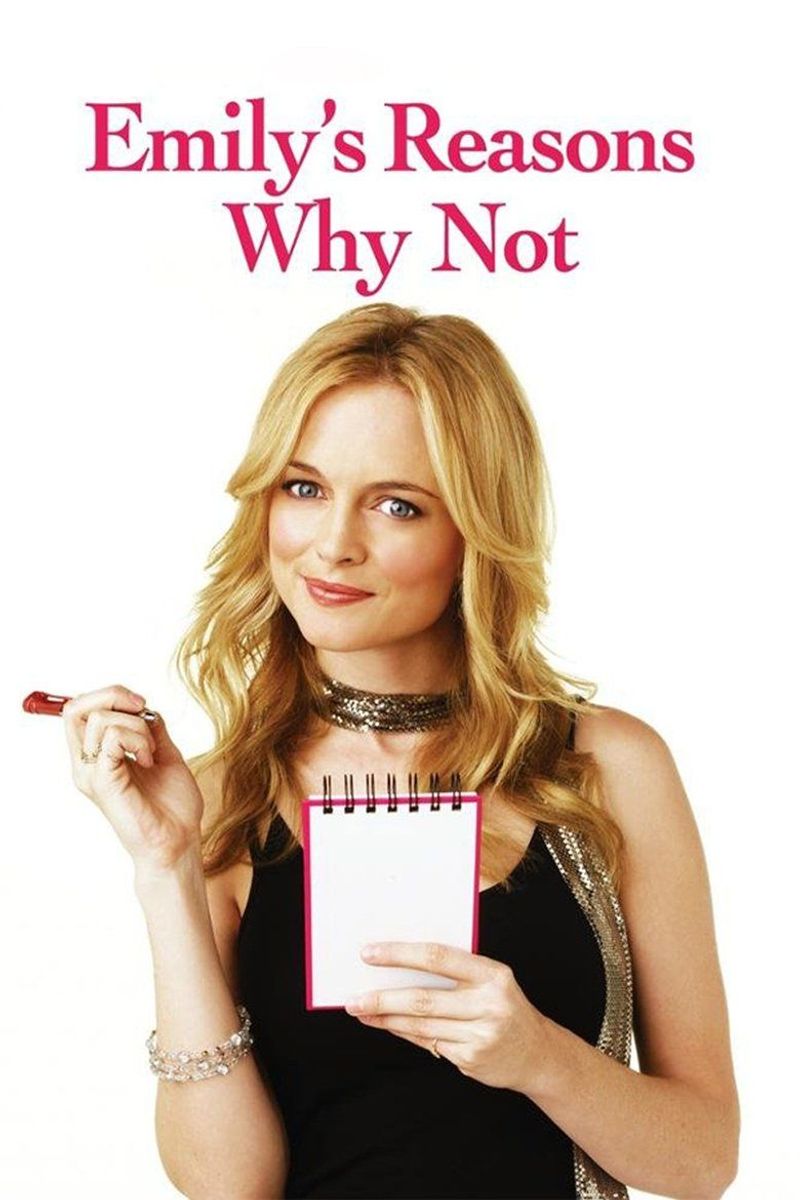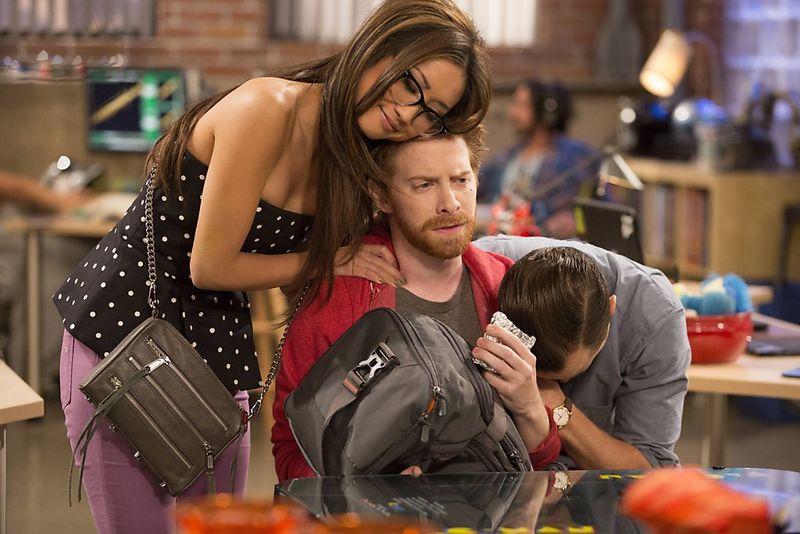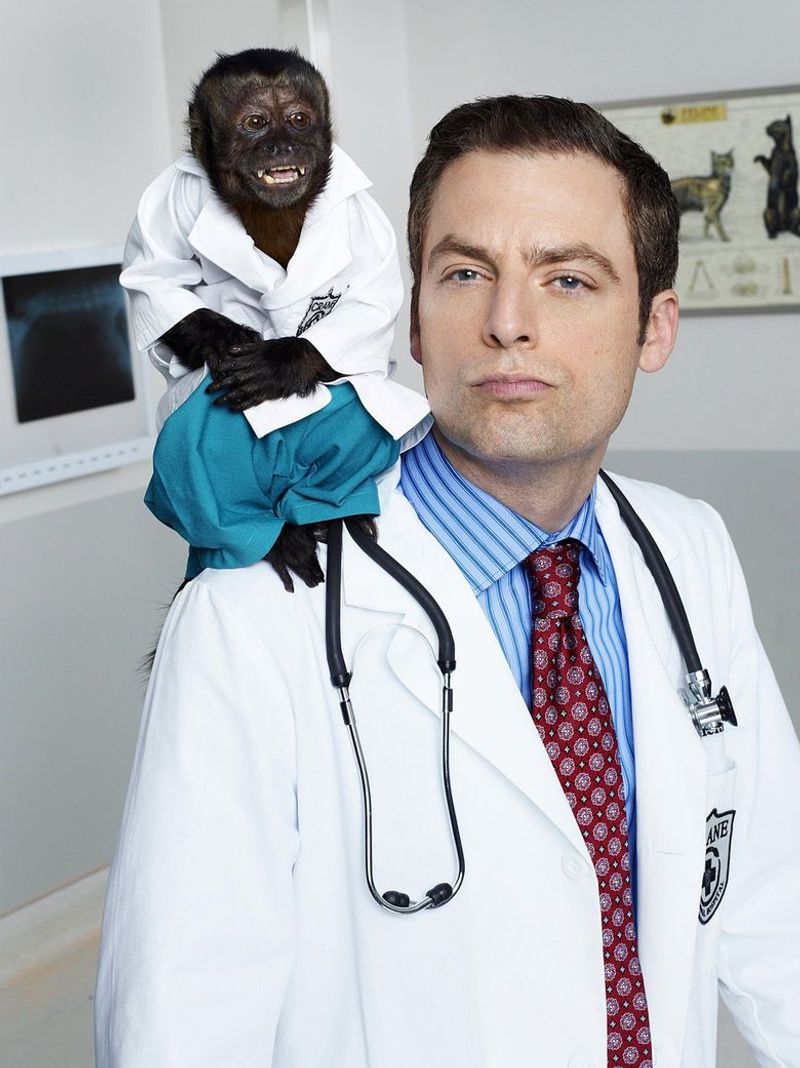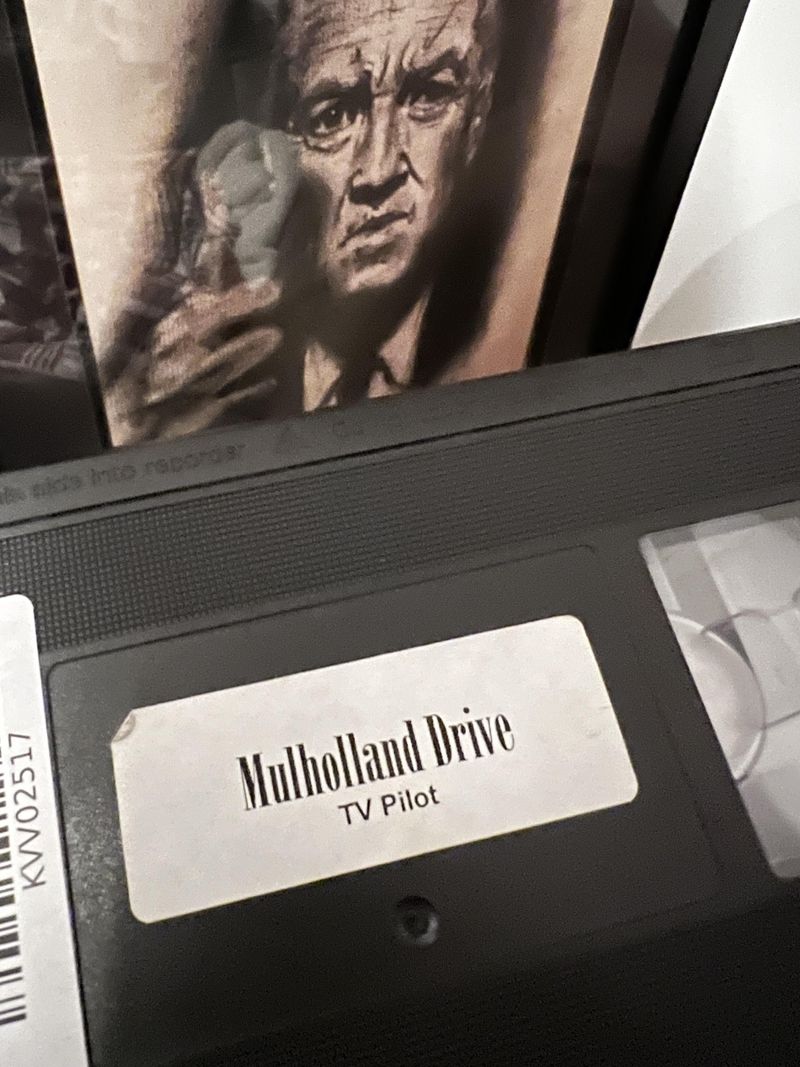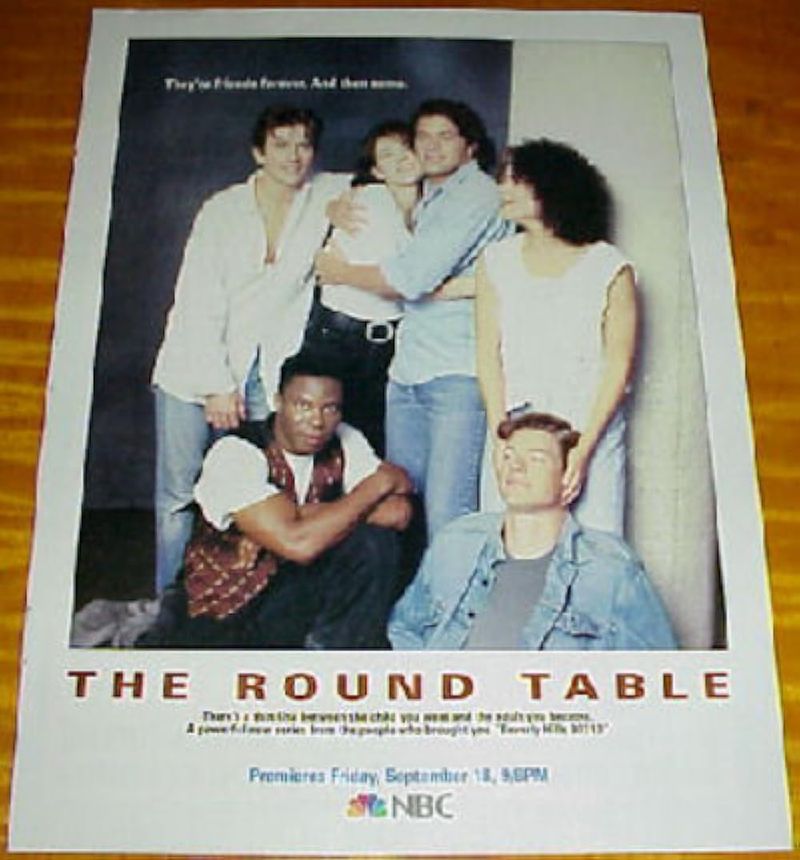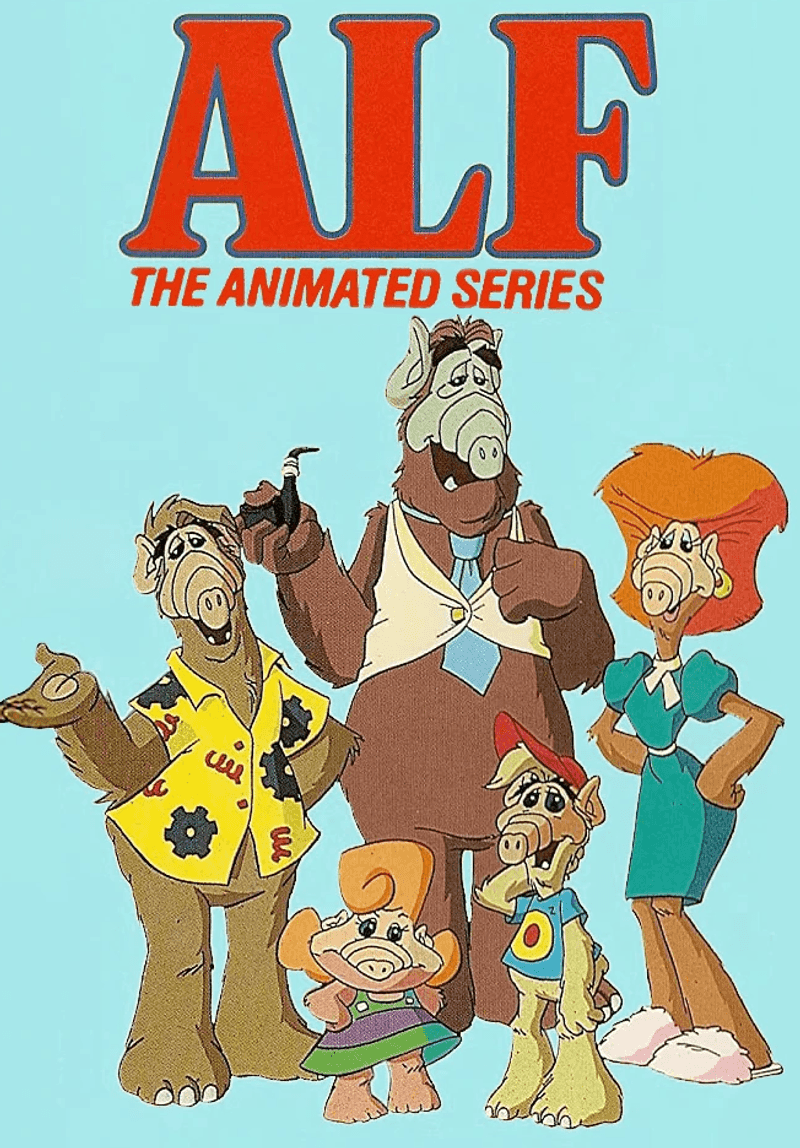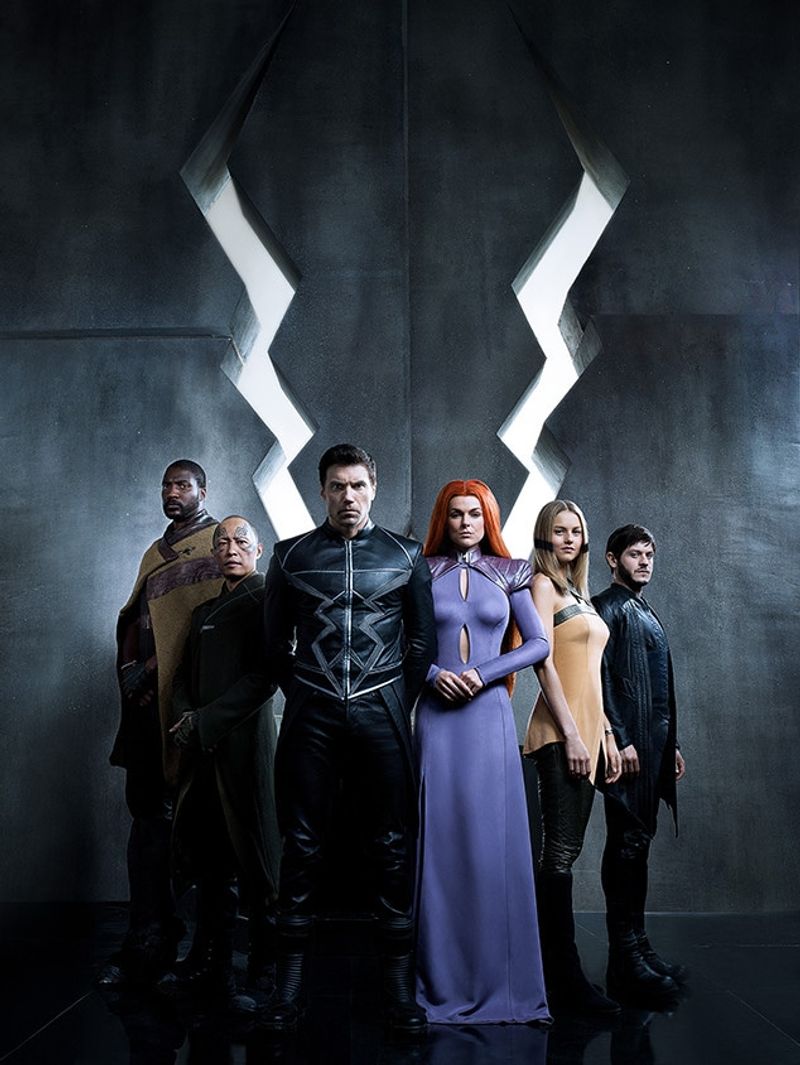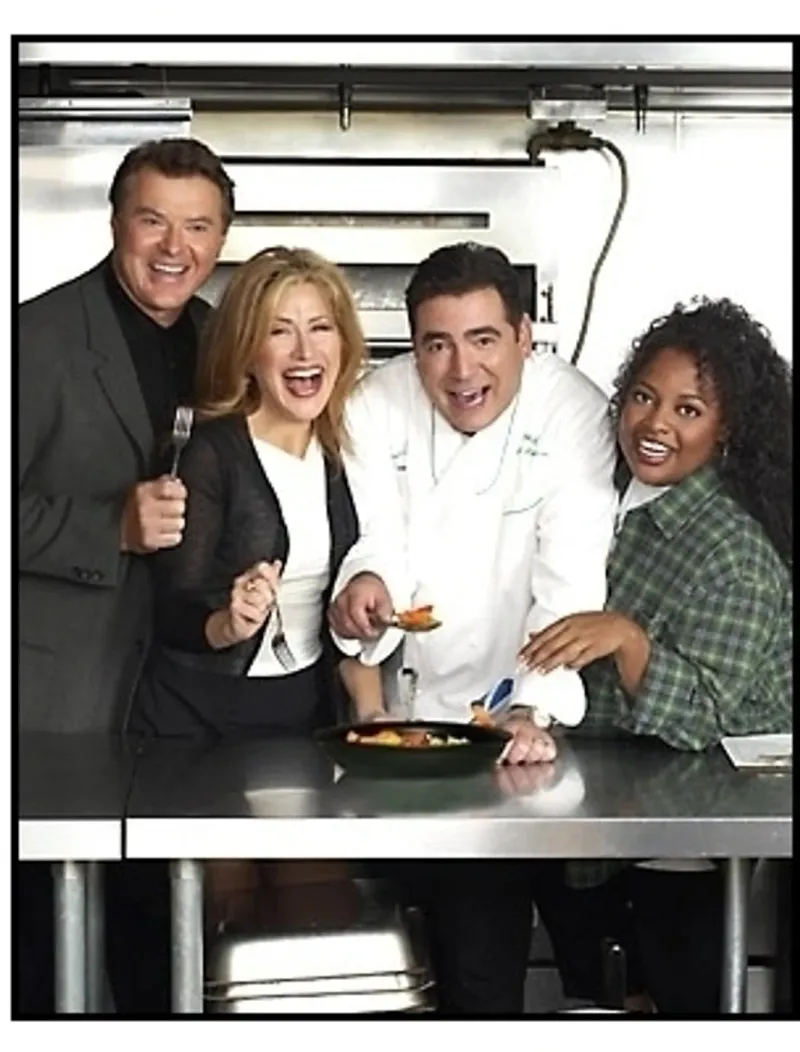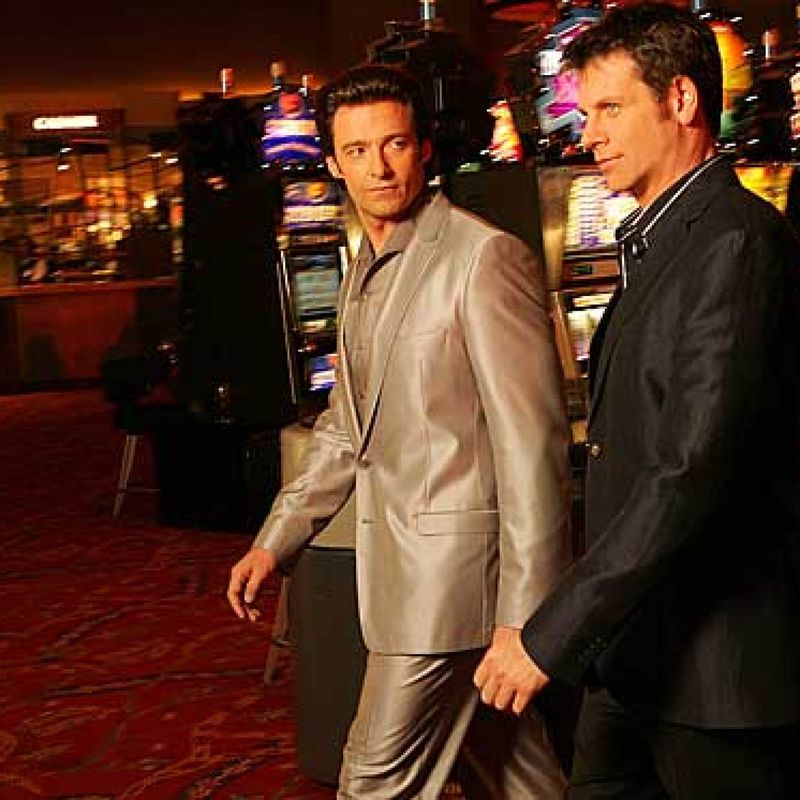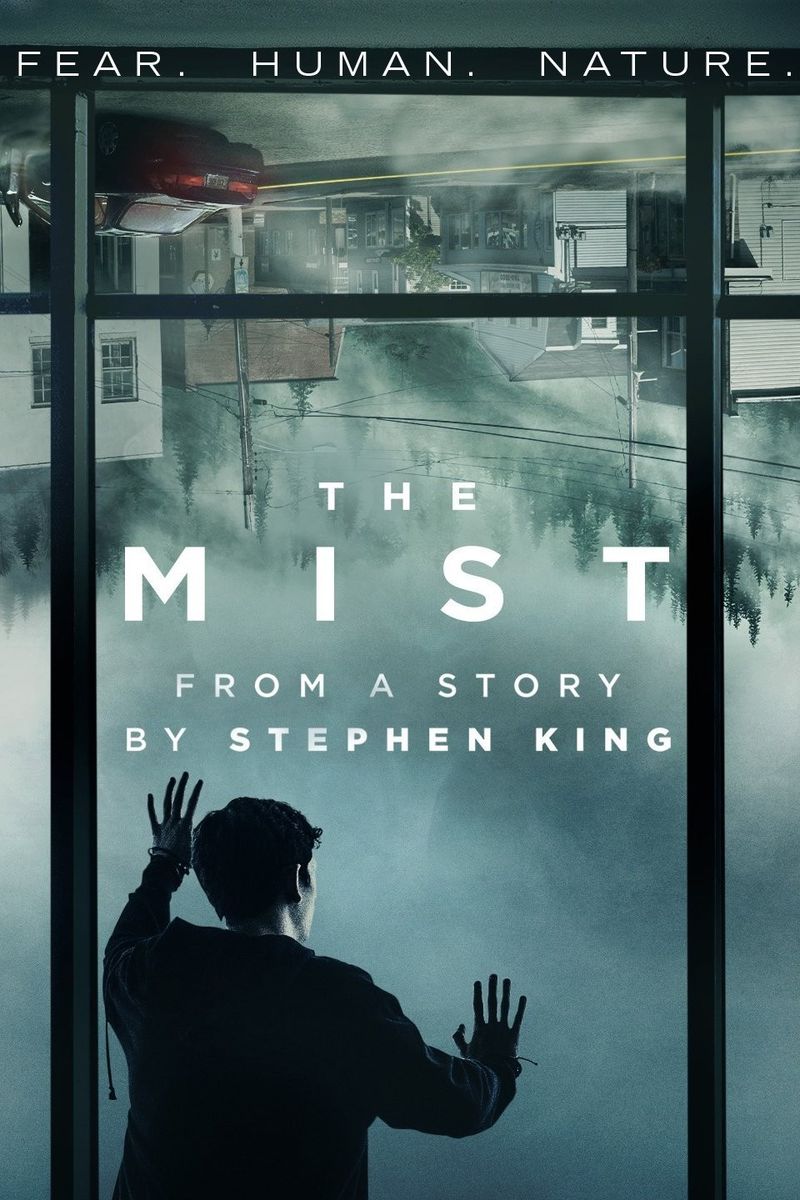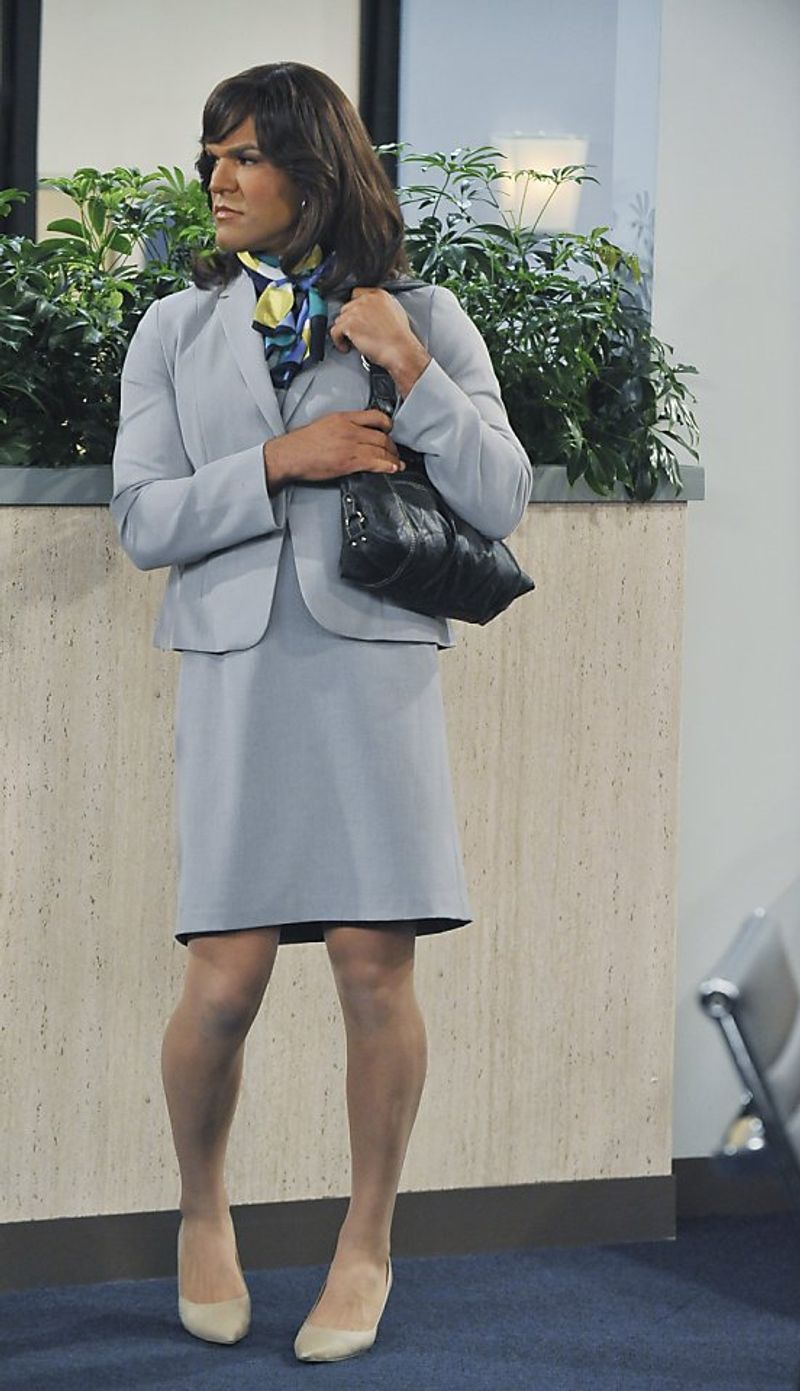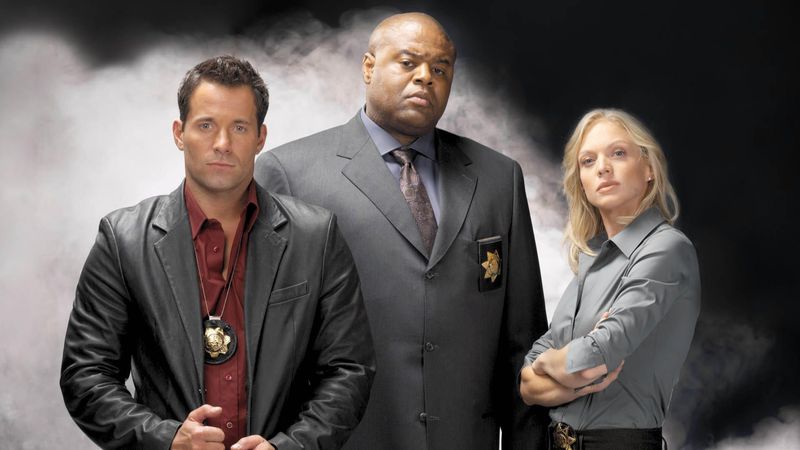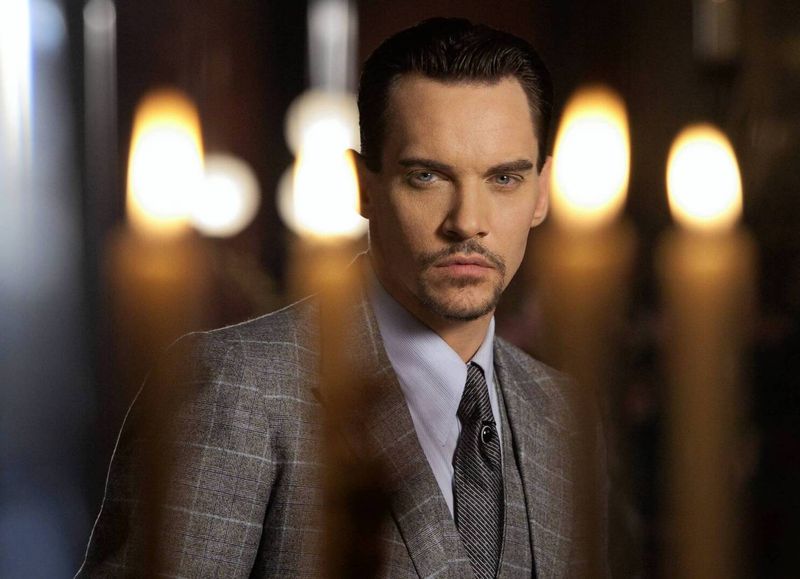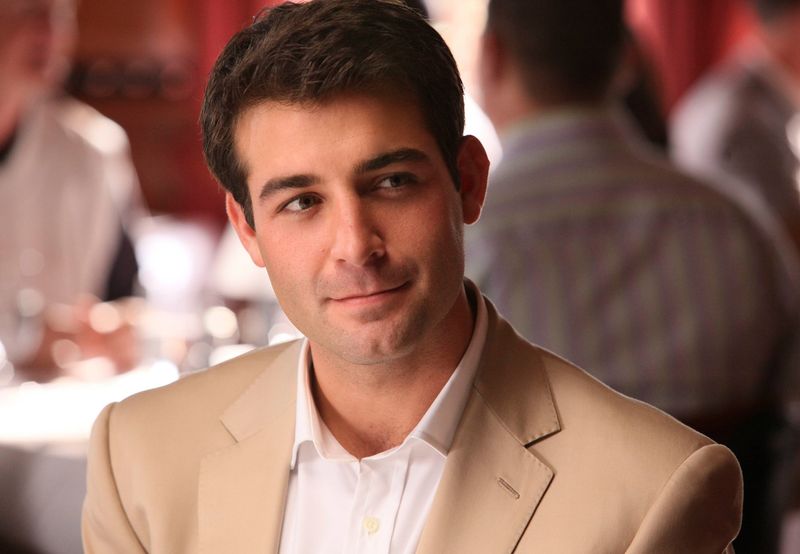Television has seen its fair share of hits, but it’s also been home to some spectacular flops that leave us scratching our heads.
From bizarre concepts to miscast actors, these shows have baffled audiences and critics alike.
Here, we explore 30 TV flops that were so poorly received that they make us wonder how they even made it to air.
1. Cop Rock (1990, ABC)
In 1990, ABC aired a unique blend of police drama and musical theater with “Cop Rock.” The show featured officers breaking into song during investigations, a concept that baffled viewers and critics alike. Despite being helmed by the esteemed Steven Bochco, known for successful series like “Hill Street Blues,” “Cop Rock” was a spectacular failure. Its ambitious format couldn’t capture a steady audience, and it was canceled after just 11 episodes. A testament to its peculiarity, the show remains a curious footnote in TV history. Notably, it has since been studied as an example of risky television.
2. Manimal (1983, NBC)
“Manimal” was a 1983 NBC series that followed Dr. Jonathan Chase, a man with the mystical ability to transform into animals. Despite the intriguing premise, the show suffered from subpar special effects and lackluster writing. Viewers struggled to suspend disbelief, and critics were not kind, leading to poor ratings. With only eight episodes aired, “Manimal” was quickly relegated to the annals of TV history. However, it gained a cult following over time, appreciated for its campy charm. It remains a nostalgic example of 80s television experimentation gone awry.
3. The Paul Reiser Show (2011, NBC)
In 2011, “The Paul Reiser Show” attempted to capture the charm of “Curb Your Enthusiasm” with a similar premise of a comedian playing a fictionalized version of himself. However, the show lacked the edge and humor that made its inspiration a hit. Critics panned the series for its uninspired writing and unoriginal concept. Lasting only two episodes before being canceled, it marked a low point in Reiser’s otherwise successful career. Despite its failure, “The Paul Reiser Show” serves as a reminder of how even established stars can miss the mark.
4. The Cape (2011, NBC)
“The Cape” debuted on NBC in 2011, promising a thrilling superhero saga. The storyline followed Vince Faraday, a policeman framed for crimes he didn’t commit, who adopts a superhero persona to clear his name and protect his family. Unfortunately, the show was marred by melodrama and cliché-ridden plots. Despite its intriguing premise, “The Cape” failed to resonate with audiences. It was canceled after just 10 episodes, leaving a trail of disappointed superhero fans. The show is now often cited as a cautionary tale in overly ambitious TV production.
5. Cavemen (2007, ABC)
Inspired by a series of GEICO commercials, “Cavemen” aired on ABC in 2007. The sitcom attempted to expand the humorous concept of cavemen living in the modern world into a full-fledged series. However, the charm that worked in short bursts didn’t translate well to a half-hour format. Critics and audiences found the show lacking in originality and depth, leading to its swift cancellation. Only six episodes aired before the network pulled the plug. “Cavemen” is often remembered as an ill-fated attempt to capitalize on commercial success.
6. Birds of Prey (2002, The WB)
“Birds of Prey,” which aired on The WB in 2002, sought to explore Gotham City’s dark alleys without its most famous resident, Batman. The series focused on a trio of heroines—Huntress, Oracle, and Black Canary—as they fought crime. Despite the rich DC Comics heritage, the show faltered with wooden dialogue and uninspired action sequences. Critics and audiences found it lacking the necessary depth and excitement. The series was canceled after only 13 episodes, but it remains a part of early 2000s superhero television lore.
7. Space Rangers (1993, CBS)
In 1993, CBS introduced viewers to “Space Rangers,” a sci-fi series set in the future, following a group of interstellar law enforcers. Despite its ambitious setting, the show was hampered by low-budget effects and forgettable characters. Critics criticized its lack of originality and depth, leading to its swift demise. Only six episodes aired before the show was canceled. Despite its short run, “Space Rangers” has gained a niche following, often celebrated for its earnest attempt at space drama within limited means.
8. The Secret Diary of Desmond Pfeiffer (1998, UPN)
“The Secret Diary of Desmond Pfeiffer” aired on UPN in 1998, centering on a fictional African-American butler in Abraham Lincoln’s White House. The show quickly sparked controversy over its perceived insensitivity and historical inaccuracies. Critics and viewers alike found it offensive and poorly conceived. Despite its bold premise, the show couldn’t escape its negative reception and was canceled after just four episodes. Today, it stands as a reminder of how misjudged concepts can lead to spectacular failures in television.
9. The Hasselhoffs (2010, A&E)
A&E’s 2010 reality show “The Hasselhoffs” followed the life of David Hasselhoff and his family, offering a glimpse into their personal and professional lives. Despite Hasselhoff’s enduring popularity, the series failed to captivate viewers. Critics found it lacking in substance and authenticity, resulting in low ratings. Only two episodes aired before the show was unceremoniously canceled. “The Hasselhoffs” serves as a testament to the challenges of translating celebrity appeal into reality TV success.
10. Emily’s Reasons Why Not (2006, ABC)
Starring Heather Graham, “Emily’s Reasons Why Not” aired on ABC in 2006, marketed as a quirky romantic comedy. The show revolved around Emily Sanders and her list of reasons for ending relationships. Despite the star power and marketing efforts, it failed to resonate with audiences. Critics panned its predictable plotlines and lack of comedic depth. The series was canceled after only one episode, making it one of television’s shortest-lived shows. Its swift cancellation highlights the unpredictable nature of TV programming success.
11. Dads (2013, Fox)
In 2013, Fox premiered “Dads,” a sitcom starring Seth Green and Giovanni Ribisi. The show centered on two video game developers whose fathers move in with them, leading to comedic chaos. However, critics condemned “Dads” for its offensive jokes and tired stereotypes. Viewers echoed these sentiments, resulting in poor ratings. Despite the involvement of “Family Guy” creator Seth MacFarlane, the series was canceled after its first season. “Dads” is often cited as an example of how controversial humor doesn’t always translate to success.
12. Animal Practice (2012, NBC)
NBC’s “Animal Practice” debuted in 2012 as a comedy set in a veterinary clinic. The show featured Justin Kirk as a quirky vet with a monkey sidekick. Despite the potential for humor, the series struggled with uninspired writing and character development. Critics found the show’s laughs sparse and its charm lacking. Only nine episodes aired before cancellation. While “Animal Practice” had a unique setting, it ultimately failed to deliver, leaving viewers with little more than a bemusing memory of a monkey in a lab coat.
13. Mulholland Drive (1999, ABC)
David Lynch’s “Mulholland Drive” was originally conceived as a TV pilot for ABC in 1999. However, the network rejected it, citing its complexity and unconventional narrative. Lynch later expanded the project into a critically acclaimed film, but the original pilot remains a curious piece of TV history. Its surreal storytelling and haunting atmosphere intrigued some, but bewildered others. While the pilot never aired, its later success as a film speaks to Lynch’s visionary approach, transforming a TV flop into an iconic cinematic masterpiece.
14. The Round Table (1992, NBC)
“The Round Table” aired on NBC in 1992, an ensemble drama attempting to capture the zeitgeist of young adulthood. Set in a café, it followed a group of friends navigating life’s challenges. However, the show struggled with a lack of direction and distinctiveness, drawing unfavorable comparisons to later successes like “Friends.” Critics found the dialogue stilted and the characters unmemorable. It was canceled after its brief run. “The Round Table” serves as an early example of ensemble dramas that failed to find their footing.
15. Alf: The Animated Series (1987, NBC)
In 1987, NBC sought to capitalize on the popularity of “ALF” with an animated prequel series. Set on ALF’s home planet, Melmac, the show explored his adventures before landing on Earth. Despite the original sitcom’s success, the animated version fell flat. Viewers missed the live-action charm and humor that defined ALF. Critics noted the lackluster animation and uninspired storytelling. Lasting two seasons, “Alf: The Animated Series” serves as a reminder that translating successful live-action shows into animation can be a tricky endeavor.
16. Inhumans (2017, ABC)
Marvel’s “Inhumans” debuted on ABC in 2017, with high expectations due to its comic book origins. The series followed the royal family of the Inhumans, but viewers were left disappointed by its poor production values and lackluster plot. Critics panned the show for its wooden performances and unconvincing special effects. Despite an initial IMAX release to drum up interest, “Inhumans” was canceled after just one season. The series is often cited as a rare misstep in Marvel’s otherwise successful television endeavors.
17. Public Morals (1996, CBS)
“Public Morals,” a 1996 CBS sitcom created by Steven Bochco, attempted to blend police procedural with comedy. The show was met with immediate backlash for its crude humor and lack of substance. Critics found it tasteless, and audiences stayed away. With only one episode airing, it became one of the shortest-lived series in TV history. Despite Bochco’s previous successes, “Public Morals” stands as a reminder of how even talented creators can misfire. It remains a curious footnote for those interested in the evolution of TV comedy.
18. Emeril (2001, NBC)
In 2001, NBC attempted to turn celebrity chef Emeril Lagasse into a sitcom star with “Emeril.” The show centered around a fictional version of Lagasse navigating the ups and downs of a TV cooking show. However, “Emeril” struggled to find its footing, with critics citing its lack of originality and humor. Viewers didn’t bite, and the show was canceled after a brief run. Despite the failure, Emeril’s larger-than-life personality continued to thrive in the culinary world, proving that sometimes, staying in one’s lane is the best recipe for success.
19. My Mother the Car (1965, NBC)
NBC’s 1965 series “My Mother the Car” is often remembered as one of television’s most bizarre concepts. The show starred Jerry Van Dyke as a man whose deceased mother is reincarnated as his antique car. Despite its novelty, the series struggled with absurdity and limited comedic appeal. Critics and audiences quickly dismissed it, leading to its cancellation after one season. While it failed to leave a lasting mark, “My Mother the Car” remains a quirky relic in TV history, often cited in discussions of ill-conceived show ideas.
20. Viva Laughlin (2007, CBS)
In 2007, CBS aired “Viva Laughlin,” a musical drama set in the casino world, featuring a guest appearance by Hugh Jackman. Despite its star power, the show failed to captivate audiences with its awkward blend of drama and musical numbers. Critics were unimpressed, and viewers found it unconvincing. Only two episodes aired before the show was pulled. “Viva Laughlin” remains a cautionary tale of risky genre-mixing in television, illustrating how even big names can’t guarantee success when the concept isn’t fully realized.
21. The Mist (2017, Spike TV)
Spike TV’s “The Mist,” based on Stephen King’s novella, premiered in 2017 with high hopes for horror enthusiasts. The series attempted to expand on the original story, depicting a town enveloped by a mysterious mist filled with dangers. However, critics and viewers found it lacking the suspense and depth of its source material. The show struggled to maintain tension, resulting in poor ratings. Canceled after one season, “The Mist” serves as a reminder of the challenges in adapting horror literature to the small screen.
22. Do No Harm (2013, NBC)
NBC’s “Do No Harm” debuted in 2013, offering a modern take on the classic Jekyll and Hyde story. The series followed Dr. Jason Cole, a neurosurgeon with a dangerous alter ego. Critics found the show lacking originality, and viewers agreed, resulting in dismal ratings. Canceled after just two episodes, it set a record for low viewership in its time slot. Despite the premise’s potential, “Do No Harm” couldn’t overcome its uninspired execution, leaving it as a brief and forgettable entry in TV’s medical drama genre.
23. Work It (2012, ABC)
“Work It,” a 2012 ABC sitcom, revolved around two men who disguise themselves as women to secure employment. The show was widely criticized for its outdated and offensive premise. Viewers and critics alike found the humor lacking and the concept problematic. With just two episodes aired before cancellation, “Work It” became a notorious example of misguided TV programming. The series serves as a lesson in the importance of cultural sensitivity and thoughtful storytelling in television to avoid alienating audiences.
24. Killer Instinct (2005, Fox)
In 2005, Fox introduced “Killer Instinct,” an attempt at an edgy crime drama following a team of detectives in San Francisco. Despite its intentions, the show was criticized for being derivative and lacking the complexity needed to stand out in a crowded genre. Viewers found the characters unmemorable, and the plots uninspired. After only nine episodes, “Killer Instinct” was canceled. It remains an example of how not every crime drama can capture the intrigue and depth required to engage audiences over the long haul.
25. The Beautiful Life: TBL (2009, The CW)
“The Beautiful Life: TBL,” a 2009 series from The CW, aimed to depict the glamorous and tumultuous world of fashion models. Despite its stylish setting and notable cast, including Mischa Barton, the show struggled with clichéd storytelling and underdeveloped characters. Critics were unimpressed, and viewers tuned out, leading to cancellation after just two episodes. The show is often remembered for the hype surrounding its launch and the subsequent rapid demise, highlighting the unpredictable nature of TV success.
26. Quarterlife (2008, NBC)
NBC’s “Quarterlife,” which premiered in 2008, was a drama initially conceived as an online series. It aimed to explore the lives of a group of 20-somethings navigating modern adulthood. When brought to network television, it failed to capture a broad audience, despite being a pioneer in the web-to-TV transition. Critics found the show lacking in depth and relatable characters. Canceled after just one episode, “Quarterlife” serves as a lesson in the challenges of adapting digital content for traditional TV audiences.
27. Dracula (2013, NBC)
NBC’s 2013 series “Dracula” starred Jonathan Rhys Meyers, bringing the iconic vampire to Victorian England with a fresh twist. Despite lavish sets and a strong cast, the show was criticized for its muddled storytelling and lack of suspense. Viewers were left underwhelmed by its execution, leading to its cancellation after one season. Although “Dracula” had the potential to rejuvenate the classic tale for modern audiences, it struggled to balance its gothic roots with contemporary flair. The show remains a missed opportunity in vampire lore.
28. Lone Star (2010, Fox)
Fox’s “Lone Star,” launched in 2010, was lauded by critics for its ambitious storytelling and complex characters. The series followed Robert Allen, a charismatic conman leading a double life in the Texas oil industry. Despite the praise, “Lone Star” struggled to find an audience, resulting in its cancellation after just two episodes. Its swift demise is often cited as an example of how critical acclaim doesn’t always translate to viewer engagement. “Lone Star” remains a case study in the challenges of launching nuanced dramas on network TV.
29. I Wanna Marry “Harry” (2014, Fox)
In 2014, Fox aired “I Wanna Marry ‘Harry,'” a reality show where women competed for the affections of a man impersonating Prince Harry. The series promised romance and drama but delivered neither, as viewers quickly saw through the charade. Critics slammed the premise as tasteless and the execution as unconvincing. Ratings plummeted, leading to the show’s swift cancellation. “I Wanna Marry ‘Harry'” is often remembered as a prime example of reality TV gone wrong, illustrating the pitfalls of relying on gimmicks over genuine content.
30. Combat Hospital (2011, ABC)
“Combat Hospital,” a Canadian-American series that aired on ABC in 2011, depicted the lives of doctors and nurses in a NATO military hospital during the Afghanistan War. Despite the potential for gripping drama, the show struggled with predictable storylines and lackluster character development. Critics were underwhelmed, and audiences didn’t tune in, resulting in its cancellation after one season. “Combat Hospital” highlights the difficulty of balancing realism and entertainment in war dramas, remaining a brief and largely forgotten entry in the genre.

